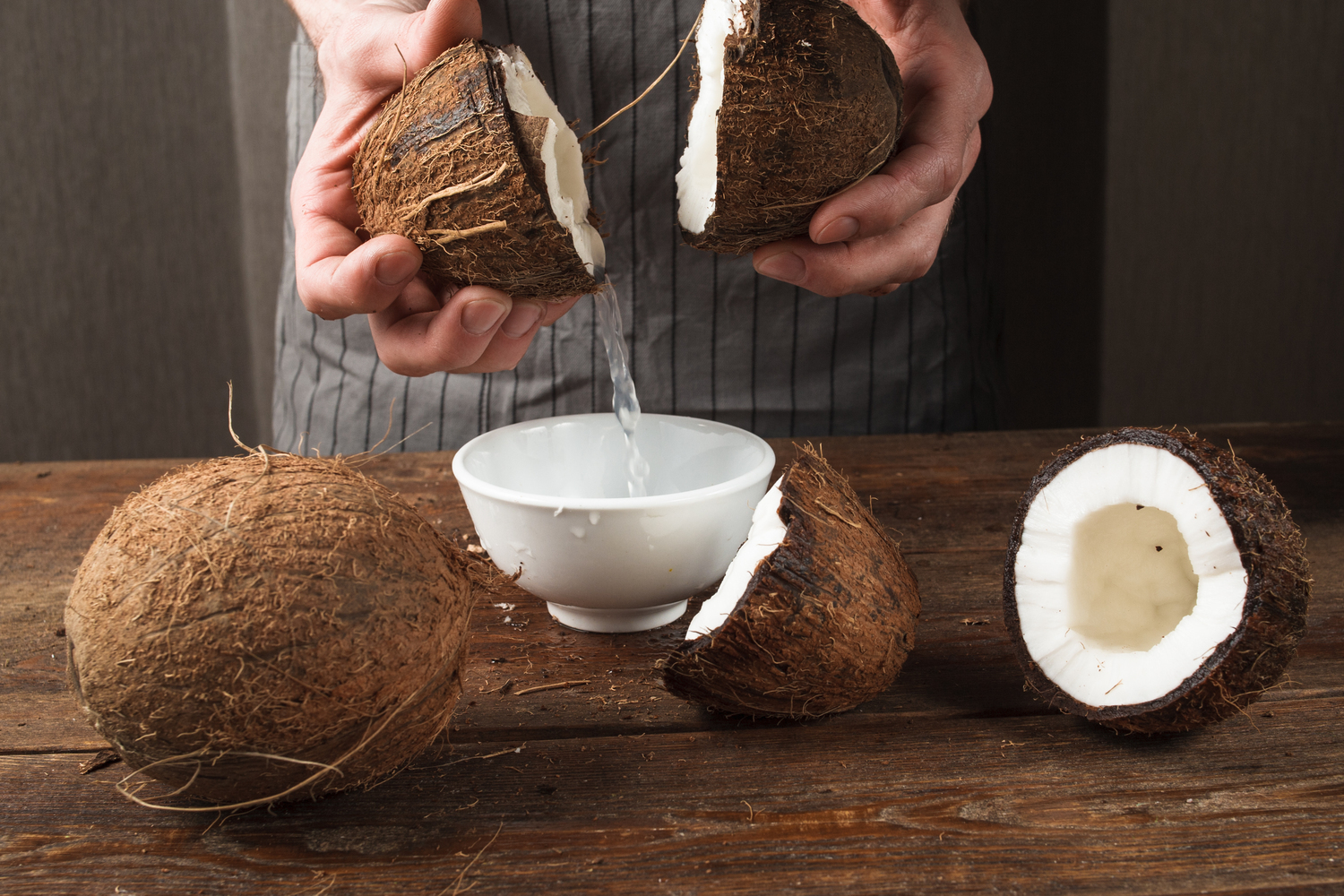Comprehensive Guide to Managing and Relieving Diarrhea Discomfort Effectively
This comprehensive guide explores effective strategies to manage and relieve diarrhea discomfort. Learn about common causes, preventive tips, home remedies, dietary recommendations, and when to seek medical help. Proper management can ensure quick recovery, prevent dehydration, and avoid complications, promoting better gastrointestinal health for all ages.

Comprehensive Strategies for Managing and Relieving Diarrhea Discomfort
Diarrhea remains a common and often distressing gastrointestinal issue that can significantly impact daily life. Characterized by frequent, loose, or watery stools, diarrhea not only causes inconvenience but also leads to important health concerns such as dehydration, fatigue, and electrolyte imbalance. Whether it affects children or adults, understanding the causes, symptoms, and effective management strategies is essential for swift recovery and prevention of complications.
In this comprehensive guide, we delve into the various aspects of diarrhea—highlighting its common causes, symptoms, and effective remedies. We also explore practical home remedies, dietary adjustments, and when to seek medical attention. Recognizing early signs and understanding preventive measures can significantly reduce the duration and severity of diarrhea, ensuring better health and well-being.
Common Causes of Diarrhea
Identifying the root cause of diarrhea is critical in its management and prevention. It can often be mistaken for other gastrointestinal issues, but specific triggers are well-known and documented. Understanding these causes can guide effective treatment and lifestyle adjustments.
Viral Infections: Norovirus, Rotavirus, Adenoviruses are common viral agents that cause acute diarrhea, especially in crowded or contaminated environments.
Bacterial Infections: Pathogens like Salmonella, Campylobacter, Shigella, and Escherichia coli are significant bacterial culprits, often transmitted through contaminated food or water.
Parasitic Infections: Parasites such as Giardia lamblia, Entamoeba histolytica, and Cryptosporidium can lead to persistent diarrhea, especially in regions with poor sanitation.
Chronic Gastrointestinal Conditions: Irritable Bowel Syndrome (IBS) and Inflammatory Bowel Disease (IBD) are long-term conditions that frequently present with episodes of diarrhea.
Nutritional Factors: Food intolerances or malabsorption issues, such as lactose intolerance or celiac disease, can trigger diarrhea after consuming specific foods.
Food Poisoning: Consumption of contaminated food or beverages can cause sudden, severe diarrhea due to bacterial or toxin exposure.
Medication Side Effects: Antibiotics, antacids, and other drugs may disrupt gut flora or irritate the GI tract, leading to diarrhea.
Endocrine Disorders: Conditions like hyperthyroidism or diabetes can influence gastrointestinal motility and secretion.
Underlying Health Conditions: Cancer or chronic infections may involve gastrointestinal symptoms, including diarrhea.
Effective Strategies for Alleviating Diarrhea
While consulting healthcare professionals is essential for persistent or severe symptoms, many effective remedies can be administered at home, especially in mild cases. The primary goals are to prevent dehydration, restore electrolyte balance, and soothe the digestive system.
Hydration is paramount—drink plenty of fluids, ideally one to two liters per hour if tolerated. Water, oral rehydration solutions, and clear broths help replace lost fluids and electrolytes. Adding a small pinch of salt and sugar to water can create an electrolyte-rich solution, aiding in faster recovery. Avoid sugary, caffeinated, or alcoholic beverages, which can aggravate dehydration and irritate the gut.
Diet plays a crucial role. During diarrhea episodes, focus on a bland, easily digestible diet. The BRAT diet—bananas, rice, applesauce, and toast—is well-known for its effectiveness in firming stool and soothing the gastrointestinal lining. Incorporate other gentle options such as baked potatoes, boiled chicken, oatmeal, and clear soups to provide nutrition without aggravating symptoms.
Probiotics, found naturally in yogurt or as supplements, can help restore healthy gut bacteria disrupted by illness or medication. Avoid dairy initially, as some individuals may have lactose intolerance during or after episodes. Additionally, steer clear of foods and drinks that can irritate the gut, including spicy foods, caffeine, sugary snacks, and processed foods.
Monitoring symptoms is essential. Seek immediate medical attention if diarrhea persists beyond a couple of days, if there is blood or mucus in stool, high fever, severe abdominal pain, or signs of dehydration such as dizziness, dry mouth, or dark urine. For individuals with underlying conditions or compromised immune systems, early intervention is crucial to prevent severe complications.
Preventive measures are equally important. Proper sanitation, safe food handling, and maintaining good hygiene can significantly reduce the risk of infections that cause diarrhea. Washing hands thoroughly with soap after using the restroom and before eating, avoiding contaminated food and water sources, and ensuring proper cooking of food are vital steps.
In addition, vaccination against viruses like rotavirus has proven effective in reducing incidence and severity among children. For those traveling to regions with poor sanitation, taking precautions such as bottled water consumption and eating cooked foods can prevent travelers’ diarrhea.
While diarrhea is often self-limiting, understanding its causes and managing symptoms with appropriate remedies can shorten its duration and mitigate discomfort. Remember, persistent or severe diarrhea warrants prompt medical attention to rule out underlying serious conditions and prevent dehydration or other complications. When properly managed, diarrhea is a manageable condition that rarely results in long-term health issues.
In conclusion, effective management of diarrhea involves a combination of hydration, dietary adjustments, and timely medical consultation. Familiarity with common causes and early intervention can ensure quicker recovery and minimize health risks. Education and awareness are key in preventing severe outcomes, maintaining gastrointestinal health, and improving overall quality of life.





